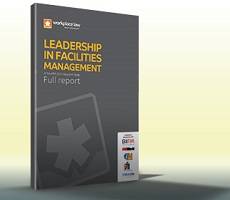January 13, 2014
Retaining valuable employees is top global priority for CEOS this year
 The number one priority of business leaders worldwide this year is how best to develop, engage, manage, and retain existing talent. This worker-centric approach means that employee engagement and better management will take centre stage as the way to improve competitiveness, win new customers and raise productivity. According to new research from The Conference Board and UK partner CMI (Chartered Management Institute), CEOs will concentrate on creating a strong internal talent pipeline rather than seeking to recruit externally, with nine out of the top 10 global Human Capital strategies focused on current employees, including providing training and development, raising employee engagement and increasing efforts to retain critical talent. Other closely linked priorities identified in the CEO Challenge 2014 are customer relationships, innovation, operational excellence, and corporate brand and reputation. (more…)
The number one priority of business leaders worldwide this year is how best to develop, engage, manage, and retain existing talent. This worker-centric approach means that employee engagement and better management will take centre stage as the way to improve competitiveness, win new customers and raise productivity. According to new research from The Conference Board and UK partner CMI (Chartered Management Institute), CEOs will concentrate on creating a strong internal talent pipeline rather than seeking to recruit externally, with nine out of the top 10 global Human Capital strategies focused on current employees, including providing training and development, raising employee engagement and increasing efforts to retain critical talent. Other closely linked priorities identified in the CEO Challenge 2014 are customer relationships, innovation, operational excellence, and corporate brand and reputation. (more…)
































February 17, 2026
The squeezed middle: supporting frontline managers in 2026
by Laura Thomson-Staveley • Business, Comment